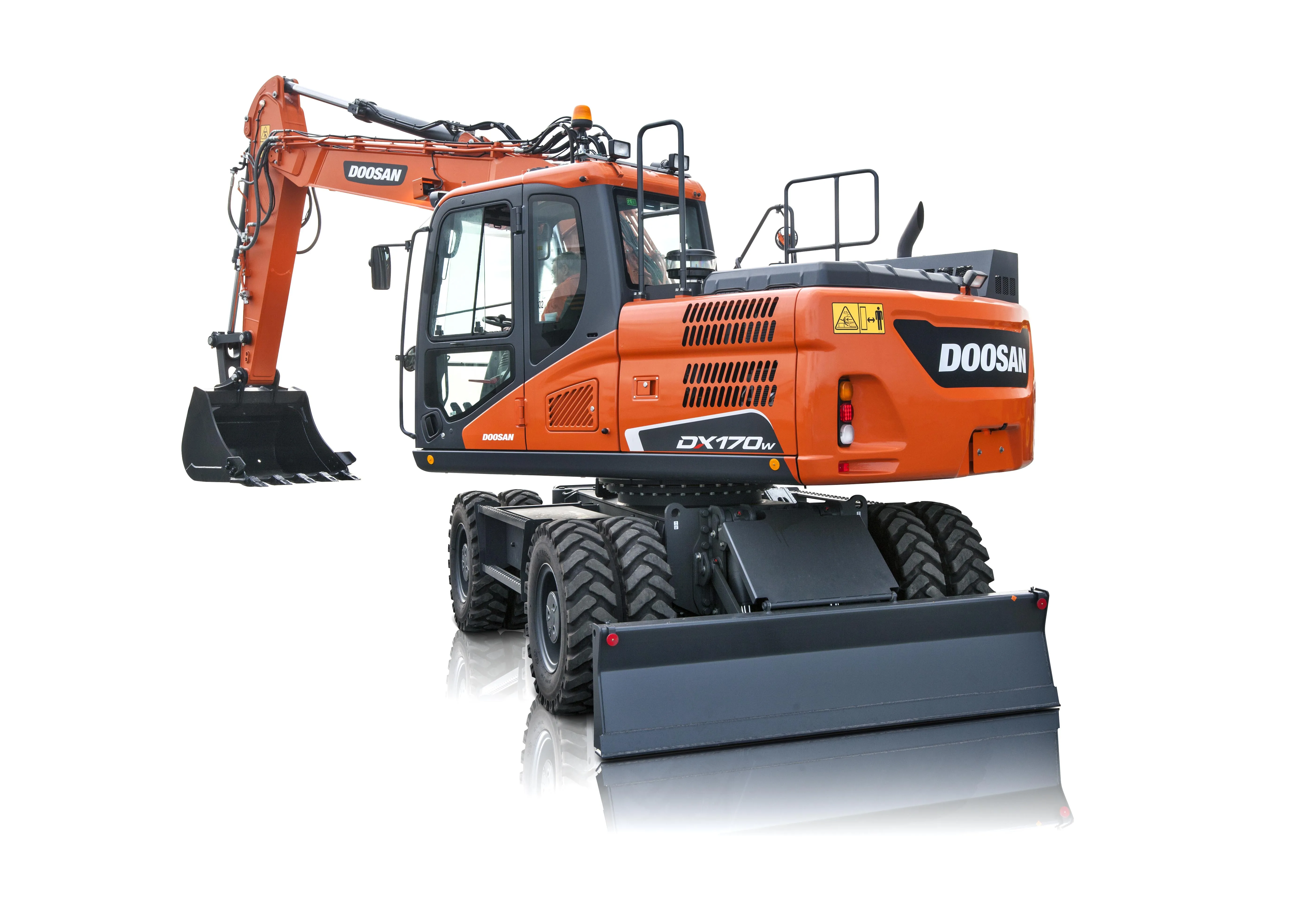In the Canadian city of Vancouver, a novel solution has been proposed to address the risk of seasonal drink driving offences. This suggestion is for a prepaid parking system in the city in order to address possible drink-and-drive incidents in light of the holiday season when alcohol consumption increases. The proposal is that the prepaid parking system will not add upfront costs as there is already existing parking infrastructure. The system would work by allowing people to have extra parking time in which
December 13, 2013
Read time: 1 min
In the Canadian city of Vancouver, a novel solution has been proposed to address the risk of seasonal drink driving offences. This suggestion is for a prepaid parking system in the city in order to address possible drink-and-drive incidents in light of the holiday season when alcohol consumption increases. The proposal is that the prepaid parking system will not add upfront costs as there is already existing parking infrastructure. The system would work by allowing people to have extra parking time in which they can front load parking meters at night and pick up their vehicles in the morning. This would alleviate risks from social drinkers who are over the limit opting to drive home to avoid getting a ticket in the morning.








